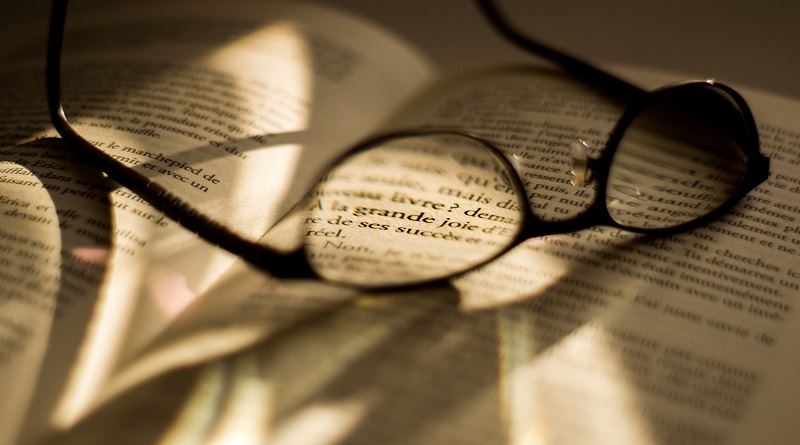Do you have an interest in the Irish language and learning where it originated and how it got to where it is today? Do you have linguistic skills or do you want to develop linguistic skills? If you are organised, hard working and have a passion for the Irish language then you could have found the perfect courts for you!
What is Early and Modern Irish?
Early and Modern Irish looks at the medieval version of the Irish language and the developments and components in the language over the years to get to where it is today.
What 3rd level courses are available?
Universities and colleges in Ireland are offering courses in the following subject areas:
- Early and Modern Irish – TCD
Related:
- Arts – Irish
- Commerce and Irish
- Gnó agus Gaeilge
- Irish Traditional Music Performance
- Law and Irish
- Irish Language, Literature and Translation
Studying Early and Modern Irish in college
This is quite a unique course that is not offered by too many universities or colleges in Ireland. Trinity College Dublin offers this four year course that has just 15 places for applicants. There are many other courses in Irish to choose from elsewhere but this course is specific to looking at both early and modern Irish.
Like any undergraduate course, your first year will be your foundation year where you will become comfortable with the basic principles of Early and Modern Irish and develop skills you will need going forward throughout your course.
Your first two years of your course will be heavily focused on Old Irish. You will read and learn about literature in translation and as well as be introduced to different texts from the early Christian period and focus on the developments and differences between them and more current literature.
In your third and fourth year you will be introduced to more complex areas and put your knowledge and skills into practice that you have developed over the last two years to get to this point. You will broaden your horizons and look into the history of the Irish language while looking at it’s celtic origins. You will compare to Modern Irish as well as be introduced to pieces of work from poetry to prose, law and history. Palaeography is also an important factor of this course as it will allow you to be able to read manuscripts.
Throughout your course you will be assessed through essays, continuous assessment and exams as well as working in group projects and on group presentations and more.
Career Options
There are a number of career options you can take after studying Early and Modern Irish. There are opportunities in areas from journalism, media, education, research or in public sector areas including business and marketing through Irish as well as interpreting and translating.
There are a number of opportunities to continue your study at postgraduate level to specialise in a particular area of your interest such as a degree in languages, business or education, to name a few.
Important skills and qualities needed in this area include excellent communication skills, an interest in the Irish language, oral skills, written skills, organisation skills, research skills, time management skills, interpersonal skills and basic linguistic skills.
Related Jobs
Through Irish:
- Writer
- Marketing
- Journalist
- Teacher
- Media
- Interpreter
- Translator
Further Study
Visit postgrad.ie for more information.
FAQ
Different courses and different colleges will have different entry requirements. It’s always safest to check with the individual higher education institution which is available on their websites. As a general rule Leaving Cert students should have a minimum of six subjects which should include: Two H5 (Higher Level) grades and Four O6 (Ordinary Level) grades or four H7 (Higher Level) grades. Subjects must include Mathematics, Irish or another language, and English.
PLC courses will accept Leaving Certificate results. Specific courses may have their own requirements.Certain QQI courses may be accepted.
The points required to study Early and Modern Irish in Trinity College Dublin last year were 398 points. This specific course also saves places for those who have completed QQI courses.
Where can I study?
For other courses in the area you would like to explore, you can do so here.
Did you know?
- Irish is one of the oldest living languages in Europe
- The oldest remains of ancient Irish can be traced back to Ogham Stones from the 5th and 6th centuries.
- There are close to just 80,000 people in the world who are native Irish speakers with Irish as their first language
Resources












Comments